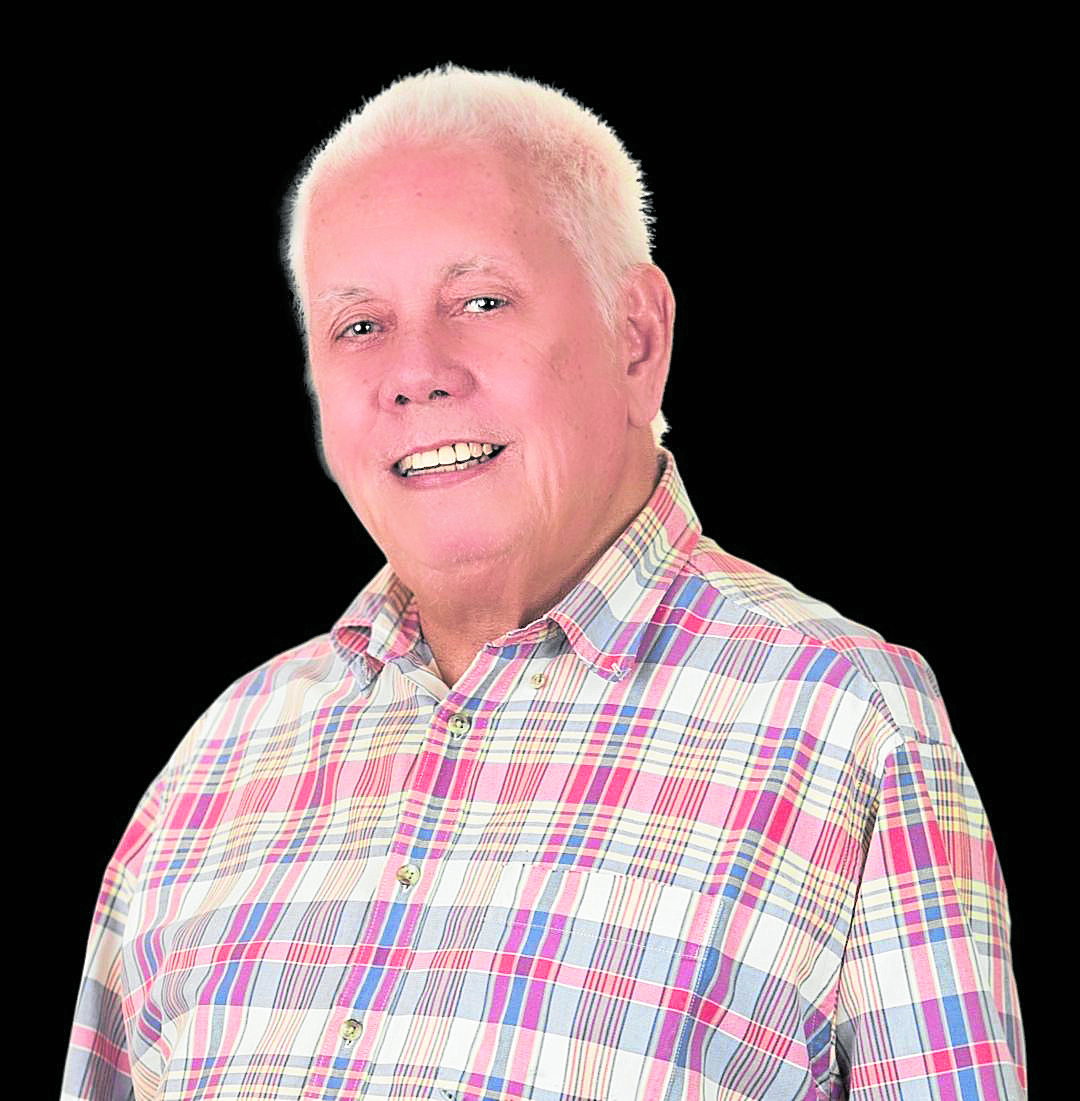
John Henry Osmeña —CONTRIBUTED PHOTO
CEBU CITY—John Henry “Sonny” Osmeña, three-term senator, former congressman, and former mayor, who was among the young politicians who opposed the Marcos dictatorship and went on self-exile to the United States when martial law was declared in 1972, died here on Tuesday.
Osmeña, who turned 86 on Jan. 17, succumbed to colon cancer, less than two months after he decided to stop his chemotherapy, according to his nephew and physician, Justin.
A grandson of the late President Sergio Osmeña Sr., he was among the Liberal Party senatorial candidates who survived the 1971 bombing of Plaza Miranda during the opposition party’s “miting de avance” in Manila. He was wounded in the legs but 11 people were killed in the attack.
When President Ferdinand Marcos declared martial law in 1972, Osmeña went on exile in the United States. He was among the first political exiles to return to the country after the assassination of former Sen. Benigno “Ninoy” Aquino Jr. in 1983 and resume their fight against the regime.
Pro-US bases
During his heyday in the Senate, Osmeña was one of the most vocal legislators who supported the retention of the U.S. military bases in Subic and Clark. He was vocal about his disapproval of the very popular Jovito Salonga, who resumed his role as Senate President at the reopening of Congress in 1987.
Osmeña also fought attempts to amend the 1987 Constitution in his prime as a politician and quarreled publicly with Cabinet and other government appointees he disdained when he was a member of the Commission on Appointments.
In his last term as senator, he led the powerful Senate finance and public services committees but drew flak for allegedly receiving a P1 million “balato” (gratuity) from then-President Joseph Estrada’s mahjong winnings.
‘Masamang damo’
He returned to local politics after completing his third Senate term in 2004. Confined mostly to Cebu, he fashioned himself as a political influencer who decided the future of younger public servants.
Apparently missing national politics, Osmeña gave the Inquirer a call one morning in January 2020 to complain about a Marcos ill-gotten wealth story. The best way to prove that whatever was seized is still in the country is to challenge the Bangko Sentral ng Pilipinas to produce an inventory of jewelry, paintings, and other items taken from the Marcoses, he said.
“I hope the story goes viral,” the retired politician said cheekily.
Five months later, in an Inquirer interview, Osmeña proudly described himself as “masamang damo” for surviving Covid-19 while also grappling with hypertension and cancer. He was, after all, the last premartial law senator who remained alive nearly 50 years after its declaration.
Osmeña started his political career in Cebu City as a councilor in 1963 and vice mayor in 1965. He was elected to the House of Representatives in 1969, representing Cebu’s second district.
In 1971, he ran for the Senate, finishing the race in third place. After his exile and the 1986 Edsa People Power Revolution, he was appointed officer in charge mayor of Cebu City and elected senator anew in 1987.
In 1992, Osmeña ran for vice president under the Nationalist People’s Coalition with tycoon Eduardo Cojuangco Jr. as his running mate, but soon withdrew and was replaced by then Sen. Joseph Estrada.
Landmark bills
He became the representative of Cebu’s third district in 1995 and was elected senator again in 1998.
From 2013 to 2019, Osmeña served as mayor of Toledo City in Cebu. After his term, he ran for third district representative but lost to Pablo John Garcia.
As a legislator, Osmeña sponsored the Municipal Telephone Act (Republic Act No. 6849), the Mini-Hydroelectric Program (RA 7156), the Public Telecommunications Act of 1995 (RA 7925), and the creation of Philippine Postal Corp. (RA 7354).
He also authored landmark bills, including the Electric Power Crisis Act (RA 7648) and the Build-to-Operate Act (RA 7718).
One of his closest aides, Ferliza Contratista, said the former senator was diagnosed with Stage 2 colon cancer and began receiving treatment in July 2019. Still, he was in good shape and even traveled around the country and twice to Singapore, she said.
In July 2020, Osmeña tested positive for Covid-19, but he recovered after 21 days. Although the new coronavirus slowed him down, he still went to shopping malls and meet friends in his favorite restaurants.
Last Christmas Day, Osmeña was bedridden. He later decided to stop his chemotherapy.
He was brought to the hospital on Jan. 9 and was released a week later on his 86th birthday.
On Jan. 19, he was given his last rites by his close friend, Fr. John Jonah A. Orat.
Though he lived a colorful life and had a long political career, Osmeña chose to leave quietly—dying in his sleep.
“He didn’t want any fanfare. In fact, he has been telling his staff members to keep his funeral simple,” Contratista said.
In deference to his wish, Osmeña was immediately cremated after he died in his condominium unit at 2:45 p.m. on Tuesday. —WITH A REPORT FROM DALE ISRAEL